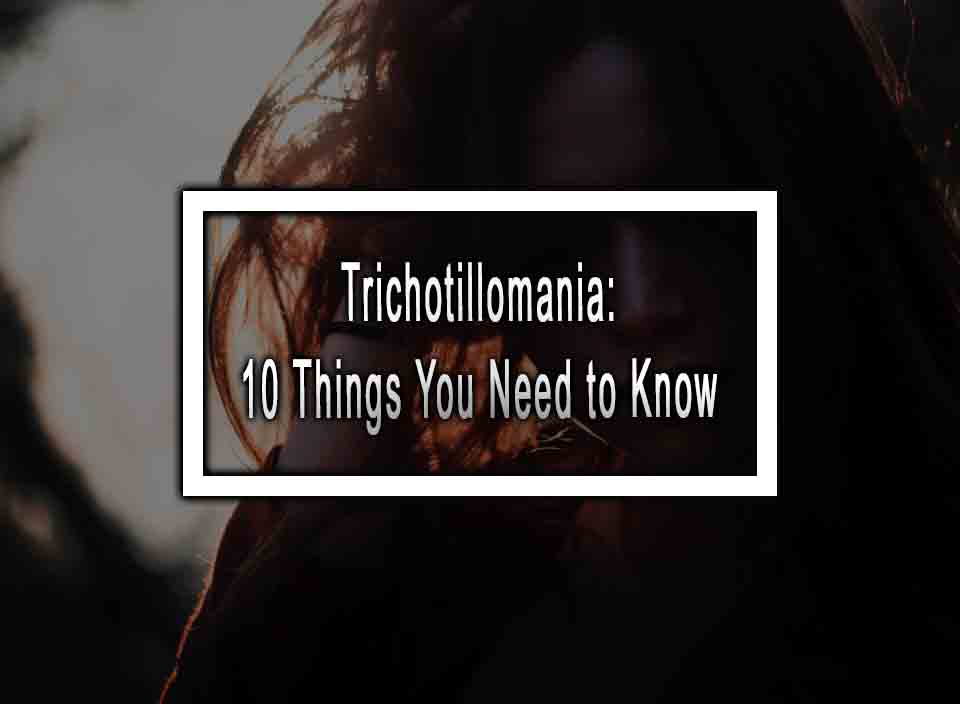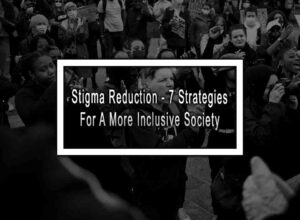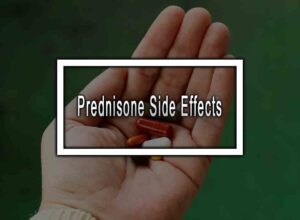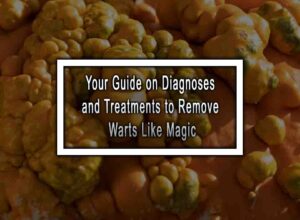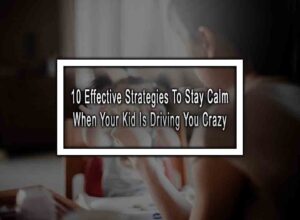Table of Contents
ToggleUnderstanding Trichotillomania
Trichotillomania, also known as hair-pulling disorder, is a mental health condition that affects millions of people worldwide. It’s a chronic disorder that makes people compulsively pull out hair from their scalp, eyebrows, eyelashes, and even their body hair. If you or someone you know suffers from trichotillomania, this listicle is for you. We’ve compiled ten things you need to know about this disorder.
What Is Trichotillomania?
Trichotillomania is a mental health condition that causes people to have the irresistible urge to pull out their hair. This condition is classified as an obsessive-compulsive disorder that can lead to severe hair loss, skin damage, and emotional distress.
Who Is Affected by Trichotillomania?
Trichotillomania can affect anyone regardless of age, gender, or race. According to research, this condition affects approximately 1-2% of the population, and it’s more common in women than in men.
What Are the Causes of Trichotillomania?
The exact causes of trichotillomania are still unclear, but some experts believe that it’s related to genetics, brain chemistry, emotional regulation, and stress.
What Are the Symptoms of Trichotillomania?
The most common symptom of trichotillomania is hair pulling, but some people may also experience feelings of tension or anxiety before they pull their hair out. Other symptoms may include hair loss, bald spots, skin damage, and shame or guilt.
How Is Trichotillomania Diagnosed?
To diagnose trichotillomania, a mental health professional will conduct a thorough evaluation and assessment by asking questions about the patient’s hair-pulling behavior, emotional state, and medical history.
What Are the Treatment Options for Trichotillomania?
Some of the most common treatments for trichotillomania include cognitive-behavioral therapy, habit reversal training, medication, and support groups.
Can Trichotillomania Be Cured?
There is no cure for trichotillomania, but with proper treatment and support, many people can manage their symptoms and lead a healthy, happy life.
How Can You Support Someone with Trichotillomania?
If someone you know is struggling with trichotillomania, the best thing you can do is offer your support and understanding. Be patient, listen actively, and avoid shaming or judging them.
What Should You Avoid Saying to Someone with Trichotillomania?
Avoid saying things like “Just stop pulling your hair” or “It’s all in your head.” These statements can be hurtful and insensitive, and they do not acknowledge the complexity of this disorder.
10. Where Can You Find More Information and Support?
If you or someone you know needs help with trichotillomania, there are many resources available such as mental health hotlines, support groups, and online forums. Reach out for help, and remember that you are not alone.
Supporting Those with Trichotillomania: Finding Help and Hope
Trichotillomania is a serious mental health condition that requires proper management, support, and understanding. By learning more about this disorder, we can all do our part to reduce the stigma associated with it and support those who are struggling. If you or someone you know is affected by trichotillomania, know that there is hope and help available.
Trichotillomania FAQ
Here are the most common questions about Trichotillomania.
What can I do to prevent trichotillomania?
There is no guaranteed way to prevent trichotillomania, but self-care and stress management techniques may help reduce the symptoms. It is important to seek professional help if you notice symptoms of trichotillomania.
How common is trichotillomania?
Trichotillomania is not a common disorder, but it is estimated to affect around 1-2% of adults and adolescents. It is more common in females than males.
Can children have trichotillomania?
Yes, trichotillomania can occur in children, but it is more commonly diagnosed in adolescents and adults. Early diagnosis and treatment are important to prevent long-term hair loss and distress.
Can trichotillomania be treated without medication?
Yes, trichotillomania can be treated without medication. Cognitive-behavioral therapy (CBT) is a common form of psychotherapy used to treat trichotillomania. This therapy helps individuals identify and change their hair-pulling behaviors, as well as manage the underlying emotions and thoughts that contribute to the disorder.
Is trichotillomania contagious?
No, trichotillomania is not contagious. It is a mental disorder related to genetics and other factors, and cannot be spread from person to person through physical contact or other means.

